Canada, with its mosaic of communities and identities, has always had a unique blend of customs, from seasonal celebrations to small-town rituals. Yet, as modern life speeds ahead, many of these time-honored practices are fading into memory. Whether it’s technology changing how we connect or urbanization reshaping small-town habits, some beloved traditions are quietly slipping away. Here are 23 Canadian traditions that are slowly disappearing.
The Saturday Morning Farmers’ Market Routine

Once a cherished weekend ritual, the farmers’ market trip symbolized community connection and local pride. People gathered for fresh produce, homemade jams, and friendly chats with vendors. Now, online grocery shopping and busy schedules have diluted that weekly charm. Major cities still host markets, but attendance has dipped as convenience replaces tradition. Younger generations prefer doorstep deliveries or supermarket organics, missing out on the slower, communal rhythm that markets offered. In smaller towns, closures of long-running markets reflect the shift toward digital consumer habits, leaving behind a quieter, less connected version of rural weekend life.
Winter Ice Fishing Gatherings

For decades, ice fishing wasn’t just about catching dinner. It was about camaraderie, thermoses of coffee, and laughter echoing across frozen lakes. Once a winter pastime for families, it’s now a niche hobby struggling against climate change and urbanization. Shorter freeze seasons and thinner ice make conditions less reliable, while fewer young Canadians learn the ropes. Equipment costs and safety concerns have further pushed it out of reach for casual enthusiasts. Where once lakes dotted with colorful shacks symbolized northern resilience, many communities now see empty stretches of ice during what was once peak fishing season.
Sending Holiday Cards by Mail
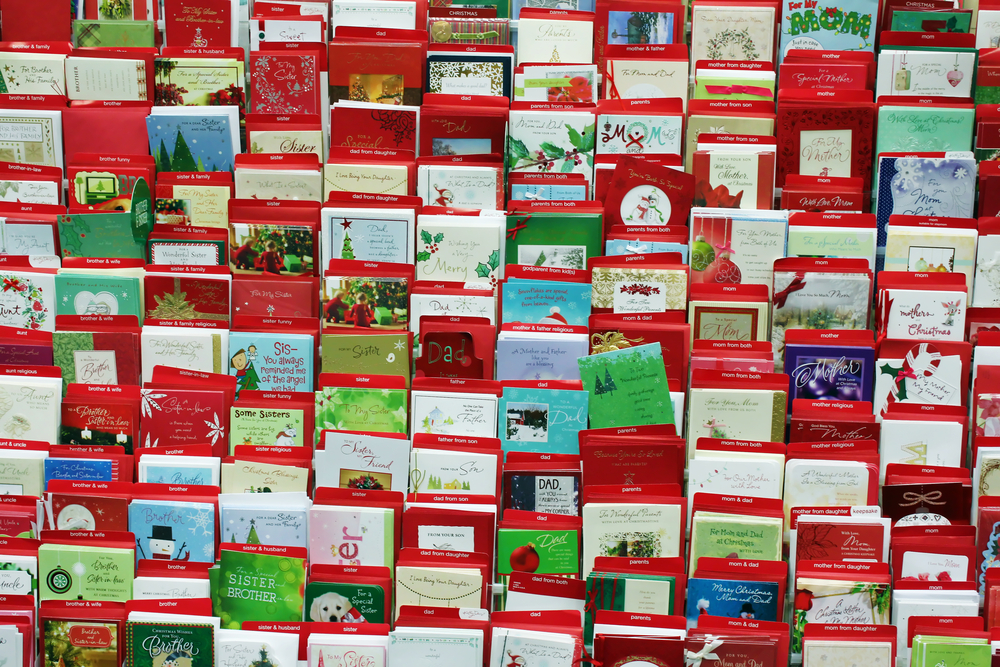
The joy of opening a handwritten Christmas or New Year card was once a highlight of the festive season. Families proudly displayed them on mantels, tracking connections across provinces. Today, the tradition is nearly extinct, replaced by digital greetings, texts, or social media posts. The shift isn’t just about technology; it’s about time and habit. Canada Post reports a steady decline in seasonal mail, reflecting the loss of personal touch that once made the holidays warmer. The sentiment may survive online, but the tactile joy of envelopes and ink is fast disappearing from Canadian homes.
The Neighborhood Block Party
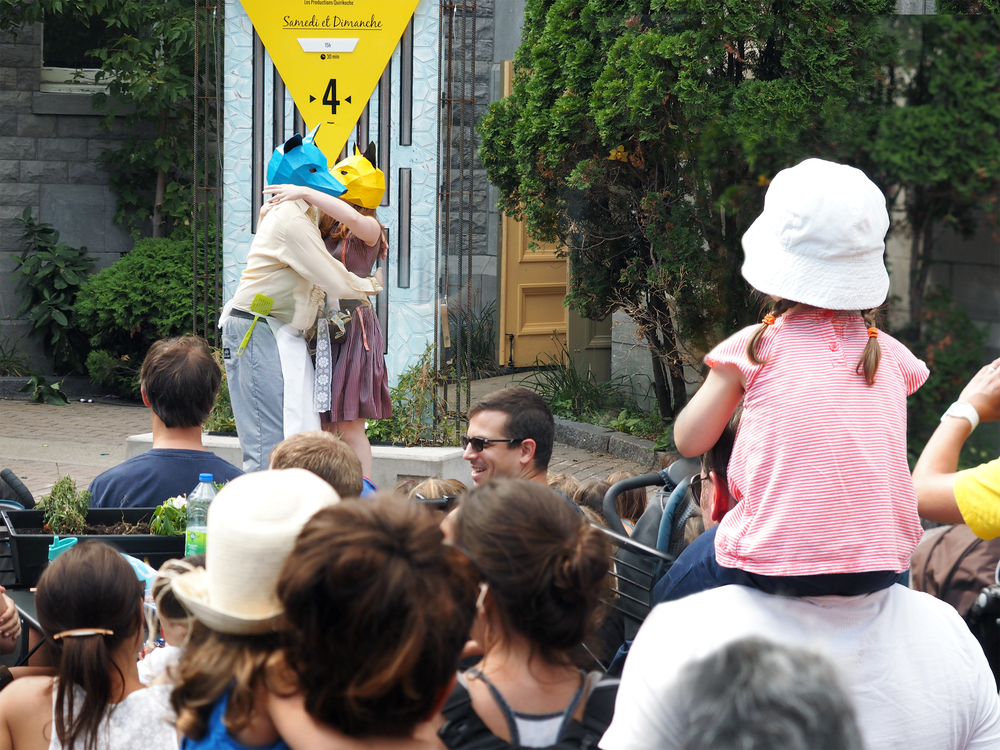
From barbecue potlucks to kids on bicycles, block parties used to define suburban summer life. They built friendships and offered an easy excuse to close the street and celebrate community. Now, stricter bylaws, privacy concerns, and the rise of digital socializing have made them rare. Many city councils require costly permits, which can make it harder for younger generations to get to know their neighbors. The pandemic briefly revived interest in small outdoor gatherings, but overall, the decline of local block parties reflects a broader trend: Communities that interact online more than across the fence.
Saturday Night Hockey Watch Parties

“Hockey Night in Canada” was once an unmissable ritual that brought families and friends together around the TV. Popcorn bowls, jerseys, and friendly rivalries filled living rooms coast to coast. But streaming platforms and fragmented media habits have changed viewership patterns. Younger audiences prefer highlights and social media clips over full games. Cable TV subscriptions, once essential for hockey nights, are down nearly 30% in a decade. While die-hard fans remain, the collective excitement of simultaneous viewing has faded, replaced by individual screens and algorithm-curated sports content.
Maple Syrup Harvesting Festivals
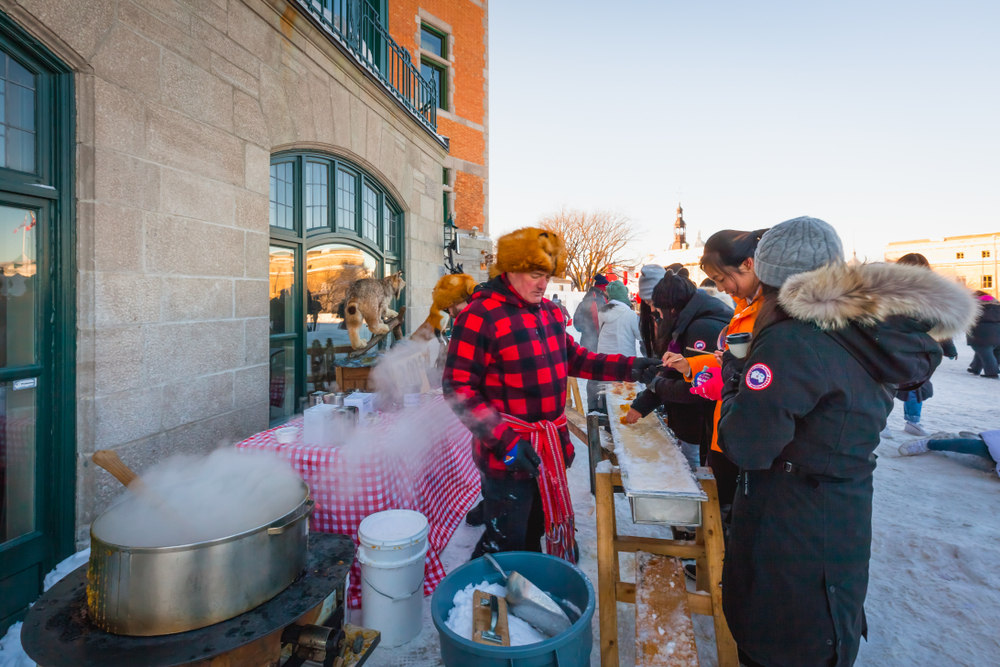
Every spring, communities across Quebec and Ontario celebrated the “sugaring off” season with maple taffy, sleigh rides, and outdoor feasts. These syrup festivals once marked a joyful farewell to winter. Today, attendance is lower, and fewer families participate in the harvesting process. Climate fluctuations have shortened sap collection windows, and younger generations are less inclined to take part in rural traditions. Commercial production dominates what was once a homegrown craft. The maple syrup industry thrives globally, but the simple communal magic of the harvest season is slowly evaporating from local life.
The Family Road Trip

Decades ago, packing into a minivan and hitting the Trans-Canada Highway was the ultimate family bonding activity. Stops at roadside motels and diners made for lasting memories. Now, rising fuel prices, air travel deals, and busier work schedules have made road trips less common. Families prefer quick flights or all-inclusive vacations over long drives. While some still embrace “van life,” spontaneous cross-country adventures are rarer. The once-normal sight of kids fighting over window seats and parents navigating with paper maps has quietly been replaced by flight itineraries and GPS precision.
Writing Thank-You Notes

Handwritten gratitude used to be a mark of good manners, especially after birthdays, weddings, or milestones. Stationery shops thrived, and parents insisted children pen their appreciation. Today, instant messaging and emojis have replaced letters. Schools no longer teach cursive writing as widely, making thank-you cards feel quaint. What’s lost isn’t just etiquette but emotional sincerity. Texts like “thx!” lack the thoughtfulness that once deepened personal connections. While online thank-you notes exist, the tangible warmth of a signed card has nearly vanished from Canadian etiquette.
Local Legion Events and Dances

Royal Canadian Legions were once buzzing social hubs, hosting dances, fundraisers, and community dinners. They played a vital role in honoring veterans while providing a sense of belonging. Now, dwindling memberships and aging participants threaten their survival. Younger Canadians are less engaged with these institutions, and many branches have shuttered due to declining attendance. Though some Legions modernize with live music or trivia nights, the sense of intergenerational connection once found in these halls is fading, leaving veterans’ stories and small-town traditions harder to preserve.
Curling as a Community Sport

Curling once drew crowds to local rinks, offering camaraderie and friendly competition during the cold months. Teams often represented families or workplaces, and bonspiels were winter highlights. However, participation rates have steadily dropped as other sports, such as hockey and fitness classes, gain popularity. Curling clubs struggle with maintenance costs, which discourage younger Canadians from joining. Although televised curling maintains a loyal audience, local leagues are disappearing. Without new players learning the game, curling risks becoming more of a spectator sport than the cherished winter pastime it once was.
The Annual Fall Fair

From pie contests to livestock shows, fall fairs were staples of rural life that celebrated agriculture and local pride. They provided entertainment before streaming existed, bringing whole towns together. Many have since shrunk or disappeared due to funding issues, volunteer shortages, and shifting interests. Urbanization has moved Canadians away from farming roots, and big-ticket events now overshadow local fairs. Some still thrive with nostalgic visitors, but the homegrown energy that once made these fairs central to community identity has largely diminished.
Church Picnics and Bake Sales

Religious communities once hosted regular picnics, bake sales, and fundraisers that connected neighbors beyond Sunday services. As attendance declines across denominations, these gatherings have become increasingly rare. Dual-income households and secular lifestyles mean fewer volunteers and smaller congregations. While multicultural festivals fill some of that social space, the specific charm of homemade pies, raffles, and friendly competitions is harder to find. What was once a cornerstone of local social life now survives mainly in older communities and small towns.
CBC Radio Morning Shows

Tuning into CBC Radio with a cup of coffee was a morning ritual for generations. Hosts like Peter Gzowski connected Canadians through stories, interviews, and music. Today, streaming platforms, podcasts, and customized news feeds have replaced the communal experience of live radio. CBC still operates strong programs, but listener numbers have declined as audiences prefer on-demand options. The shared experience of tuning in at the same time—and feeling connected to a national conversation- has slowly faded into a quieter, more fragmented media landscape.
Snow Days from School
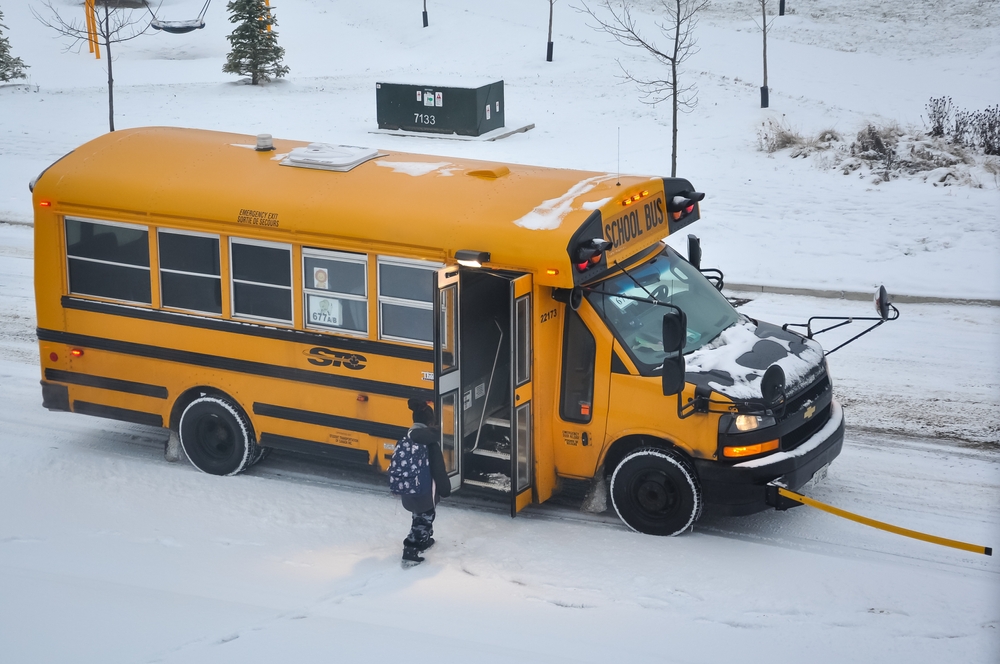
Waking up to the words “school’s closed” was once every child’s winter dream. Families spent the day sledding, watching TV, or building snow forts. Now, remote learning technology has nearly erased traditional snow days. Schools often shift to online classes instead of cancellations, leaving kids with fewer spontaneous breaks. Climate change has also reduced the frequency of heavy snowfalls in many regions. What used to be a joyful interruption in routine is now just another day of screen time, taking away one of childhood’s simple pleasures.
Polite Door-to-Door Fundraisers

Charity drives and cookie sales once relied on friendly knocks at the door. Kids raised money for schools, scouts, and sports teams by selling chocolates or raffle tickets. But modern privacy concerns and digital payments have ended that era. Many households discourage door-to-door contact, and fundraising has shifted online. Schools now use e-commerce-style fundraisers, where people click links instead of chatting on porches. The safety aspect makes sense, but the neighborly interaction and sense of personal effort behind giving have faded from community life.
Letter Writing to MPs and Newspapers

Political engagement once meant sitting down to craft thoughtful letters to Members of Parliament or newspaper editors. Citizens voiced opinions with clarity and conviction, influencing local debates. Today, emails, social media comments, and online petitions dominate, often with less depth. While engagement has broadened, it’s also become fleeting and reactionary. The effort once required to write a physical letter fostered accountability and reflection, qualities harder to find in today’s rapid digital discourse. The loss of letter writing represents a quieter decline in civic patience and personal expression.
School Christmas Concerts

Every December, classrooms turned into stages for carols, plays, and handmade costumes. These concerts built confidence and community pride. But in recent years, many schools have scaled them back due to scheduling pressures, budget cuts, or inclusivity concerns. Multiculturalism has diversified school celebrations, which is positive, but traditional Christmas concerts are now rare. Online performances during the pandemic further shifted the experience. Parents still cherish the memories, but the communal excitement of packed gymnasiums and off-key singing is disappearing from the school calendar.
Family Dinners Without Devices

Gathering around the dinner table to share stories used to be a daily family ritual. Today, screens dominate even mealtimes, TVs in the background, phones on the table, and silent scrolling replacing conversation. Studies show that fewer than 30% of Canadian families eat dinner together regularly. Fast food, shift work, and digital distractions all contribute. Family dinners once built communication and emotional connection; their decline signals a broader cultural drift toward individual, tech-driven routines over shared daily traditions.
Writing in Yearbooks

Signing yearbooks was a rite of passage at the end of the school year, filled with inside jokes, heartfelt notes, and doodles. Today, digital communication has replaced it with quick posts or DMs. Many schools even distribute digital yearbooks, which lack the tactile nostalgia of flipping through handwritten memories. Social media lets people stay connected, but it also reduces the sentimental closure that yearbooks once offered. What was once a keepsake of growing up now feels like an outdated relic in the age of instant connectivity.
Volunteer Firefighter Socials

Volunteer fire departments were once at the heart of small-town social life. Beyond emergencies, they hosted barbecues, dances, and community fundraisers. But as professional fire services expand and rural populations shrink, volunteer departments are fewer and less social. Insurance costs, recruitment challenges, and safety regulations have also made it harder to sustain these community events. The gatherings that once celebrated teamwork and public spirit have mostly disappeared, leaving behind quieter stations and fewer opportunities for neighborly connection.
The Post-School Part-Time Job

Teenagers once eagerly took after-school jobs at grocery stores, gas stations, or diners to earn pocket money and independence. Now, academic pressure and extracurricular commitments leave less time for work. Automation and labor changes have also reduced entry-level opportunities. Many parents encourage internships or online projects instead. While there’s nothing wrong with those paths, the classic part-time job once taught financial literacy, responsibility, and people skills that young Canadians now often miss before entering adulthood.
The Local Drive-In Theatre
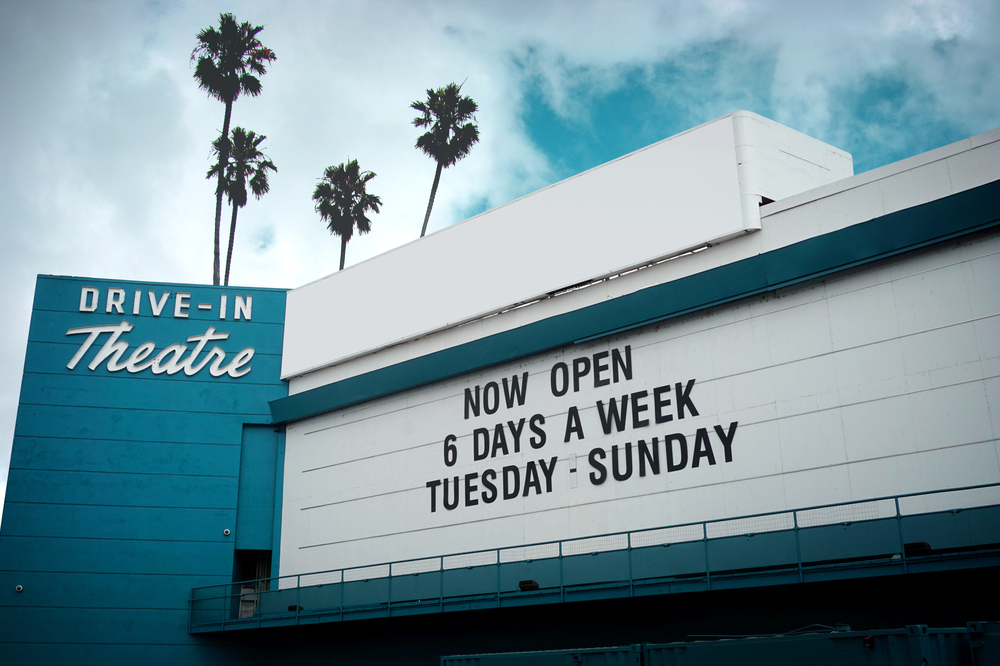
Watching a movie under the stars was once a beloved summer outing. Families packed snacks and tuned car radios to enjoy blockbusters on giant outdoor screens. However, drive-ins have dwindled due to urban development, rising land costs, and streaming competition. A few remain as nostalgic novelties, but they struggle to attract consistent audiences. During the pandemic, they briefly resurged as safe venues, yet that interest faded quickly. The experience, combining community, simplicity, and cinematic wonder, is now a vanishing chapter of Canada’s entertainment history.
Pen Pals and Long-Distance Letters

Before instant messaging, many Canadians maintained pen-pal friendships across provinces or even countries. It was a patient, personal exchange that taught empathy and curiosity. With digital communication, this tradition has nearly disappeared. Schools that once encouraged pen-pal programs now focus on email-based projects. While the internet connects people faster, it’s also made relationships more disposable. The excitement of receiving a letter in the mailbox, a tangible link between strangers, has faded, leaving behind a quieter, less romantic form of connection.
21 Products Canadians Should Stockpile Before Tariffs Hit

If trade tensions escalate between Canada and the U.S., everyday essentials can suddenly disappear or skyrocket in price. Products like pantry basics and tech must-haves that depend on are deeply tied to cross-border supply chains and are likely to face various kinds of disruptions
21 Products Canadians Should Stockpile Before Tariffs Hit